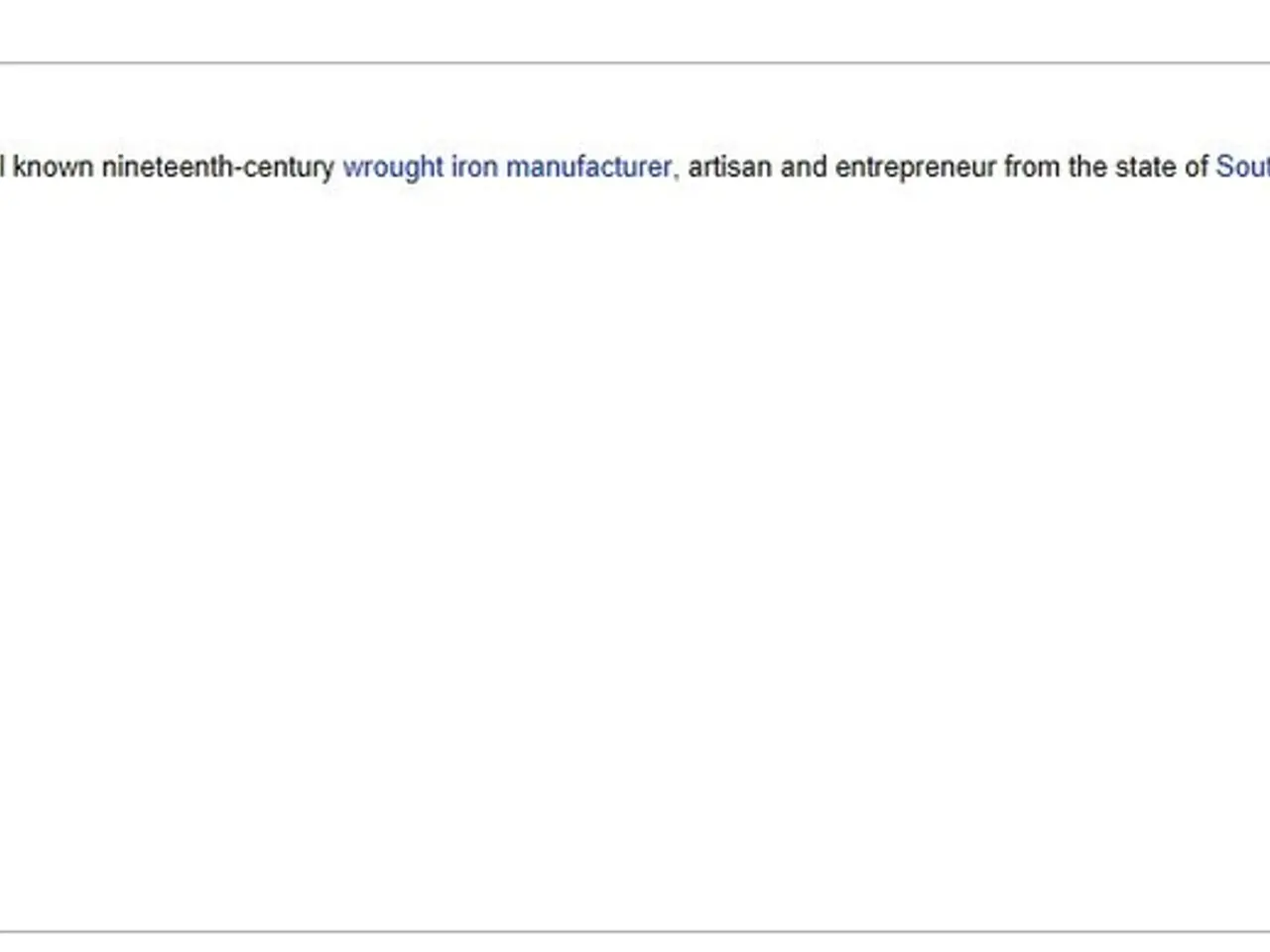Romanian ex-President Ion Iliescu sadly succumbs to death at the age of 95.
Ion Iliescu, the former President of Romania, has passed away at the age of 95. His death marks the end of a significant chapter in Romanian political history.
Iliescu played a pivotal role during Romania's transition from communism to democracy. He was the country's first freely elected president after the fall of Nicolae Ceaușescu's dictatorship and served multiple terms, leading Romania through its early post-communist years. During his presidencies (1990-1996, 2000-2004), he guided the country towards democratic reforms and achieved NATO membership in 2004.
However, his legacy is complex and ambivalent. As a former high-ranking communist official, Iliescu was seen as a "bolshevik for all seasons," shaping the transition but also associated with a brutal crackdown on dissent, particularly suppressing protests violently in 1990. These actions led to charges against him for crimes against humanity, though legal proceedings were complicated and delayed.
The Romanian government has conveyed their profound sorrow over Iliescu's passing, with further details regarding a state funeral to be forthcoming. Iliescu had been hospitalized in Bucharest since early June due to lung cancer.
Iliescu's political legacy is a topic of much debate. He is remembered both as a founding figure in post-communist Romania’s democracy and as a leader whose methods and past affiliations left deep societal divisions and raised questions about the nature of Romania’s early democratic transition.
This is a notable event in Romanian history, and its implications will undoubtedly be discussed and analysed in the coming days.
- Science and health-and-wellness professionals may study the impact of Iliescu's policies on Romania's health infrastructure during his tenure as president.
- In general-news discussions, the societal repercussions of Iliescu's methods and past associations will be scrutinized regarding their implications for democracy and conflict resolution, particularly in the context of war-and-conflicts and crime-and-justice.
- Political analysts might delve into Iliescu's complex legacy, examining how age (aging) affected his decision-making capabilities in relation to Romania's transition from communism to democracy and his role in the debated nature of Romania’s early democratic transition.




